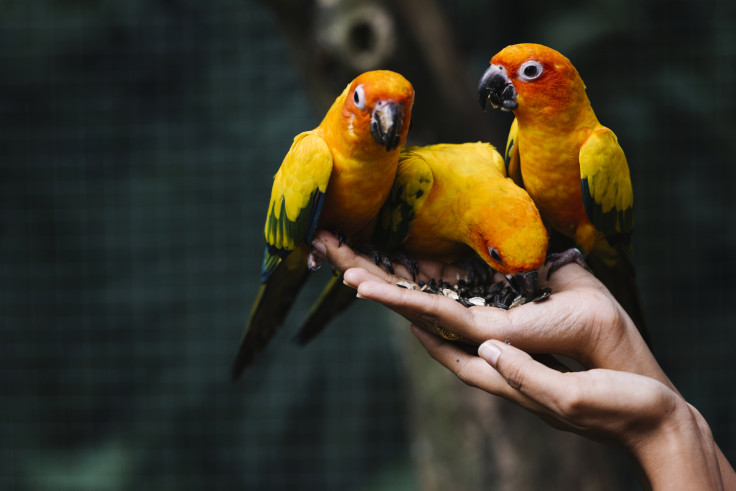
An outbreak of psittacosis infection, a bacterial respiratory infection called parrot fever, has claimed five lives across five European countries, the World Health Organization (WHO) reported.
The global health agency reported a sudden increase in psittacosis infections over the past year, with the disease persisting and continuing to spread in Europe.
"In February 2024, Austria, Denmark, Germany, Sweden, and The Netherlands reported through the Early Warning and Response System (EWRS) of the European Union, an increase in psittacosis cases observed in 2023 and at the beginning of 2024, particularly marked since November-December 2023. Five deaths were also reported," the WHO said in a news release.
Psittacosis infection is caused by the bacteria Chlamydophila psittaci, which commonly infects pet birds, like parrots and cockatiels, and poultry, like turkeys and ducks. Although not common, humans can contract the infection from the secretions of the infected birds, causing mild infections or, in some cases, pneumonia.
While there is a possibility of infected birds crossing international borders, the WHO stated that there is currently no evidence of human-to-human transmission of the disease, either within national borders or internationally.
"Generally, people do not spread the bacteria that causes psittacosis to other people, so there is a low likelihood of further human-to-human transmission of the disease," the news release stated.
Signs of parrot fever:
In most cases, people develop a mild infection with symptoms including fever and chills, headache, muscular pain, and dry cough. The symptoms typically begin within a week or two after exposure to the bacteria.
Psittacosis is often underdiagnosed as the symptoms are similar to many other respiratory illnesses and tests to detect the bacteria directly may not be readily available.
While most individuals properly treated for psittacosis fully recover, some may experience severe complications, including pneumonia, endocarditis, hepatitis, and inflammation of the nerves or brain leading to neurological issues. However, with appropriate antibiotic treatment, the mortality is rare, occurring in less than 1 in 100 cases.
Who is at risk?
Psittacosis can affect individuals of all ages. However, the infection is more frequently reported in adults. Those at higher risk include bird owners, aviary and pet shop employees, poultry workers, and veterinarians, especially those with regular contact with birds.
People who are infected with psittacosis once do not develop immunity to the bacteria, so they can get the infection again.
Transmission:
Infected birds need not show any signs of illness. However, even without symptoms of infection, they can shed the bacteria in their droppings and respiratory secretions. These dried droppings release dust particles, including bacteria, into the air. Humans can contract the infection either by inhaling this dust or in rare cases, through bites and beak-to-mouth contact. Psittacosis does not spread to humans by preparing or eating poultry.
Prevention:
The first step in prevention involves controlling the infection among birds. Following certain simple steps like keeping cages clean, avoiding over-crowding, and keeping infected birds isolated can help in infection control. While cleaning the bird cages, it is recommended to first wet the surfaces with water. Dry sweeping or vacuuming should be avoided to prevent the spread of feathers and dust. Using personal protective equipment (PPE), like gloves and masks while cleaning cages and maintaining proper hand hygiene can help reduce the risk.







